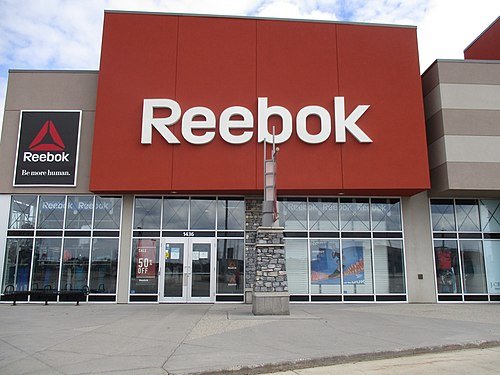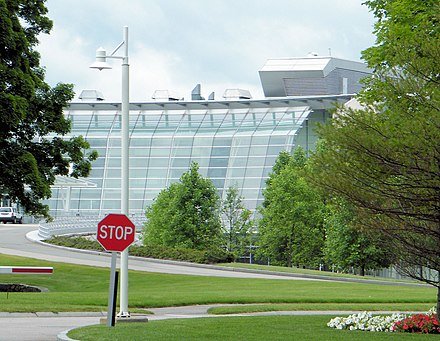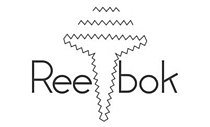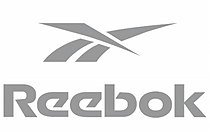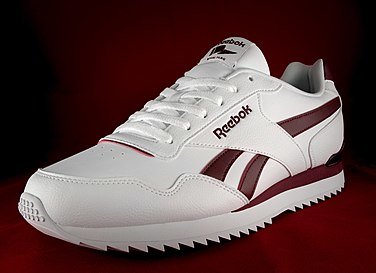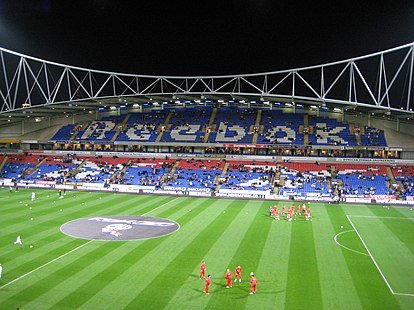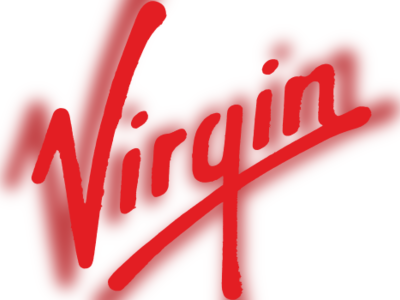British Heritage
Remember, Cherish, Learn.
beta
Reebok - South African Antelope from Bolton
A Legacy of Fitness, Innovation, and Endorsements.
Contribution to British Heritage
Reebok, a German fitness footwear and clothing manufacturer, has a rich legacy deeply intertwined with British heritage. Its roots can be traced back to 1895 when Joseph William Foster, a visionary entrepreneur from Bolton, Lancashire, England, designed some of the earliest spiked running shoes. His business, initially named "J.W. Foster," later evolved into "J.W. Foster and Sons." Foster's revolutionary running pumps, featuring spikes, gained popularity among British athletes, making strides in the world of sports footwear.
The legacy of Reebok's predecessor, J.W. Foster and Sons, continued to thrive through the 20th century. The company proudly distributed running shoes adorned with the flag of Great Britain, symbolizing its British origin. One of the most notable athletes associated with the brand was Harold Abrahams, the 100m Olympic champion who achieved glory at the 1924 Summer Olympics in Paris, immortalized in the Oscar-winning film "Chariots of Fire." The pioneering spirit and commitment to quality demonstrated by J.W. Foster and Sons laid the foundation for Reebok's later success.
Success and Growth
In 1958, in Bolton, England, two grandsons of Joseph William Foster, Joe, and Jeff Foster, established a companion company called "Reebok." The name "Reebok" was found in a South African dictionary won by Joe Foster as a boy, and it means the "grey rhebok," a type of African antelope. This unique name choice represented the brand's dynamic and agile nature, foreshadowing its future success.
The turning point for Reebok's global expansion came in 1979 when American businessman Paul Fireman took notice of the brand at the Chicago NSGA (National Sporting Goods of America) Show. Fireman recognized Reebok's potential and negotiated a deal to license and distribute the brand in the United States. This move led to significant growth for Reebok, and by 1981, the company's sales surpassed $1.5 million.
Throughout the 1980s and 1990s, Reebok diversified its product offerings, expanding from tennis and aerobics shoes to running and basketball, tapping into the largest segments of the athletic footwear industry. The brand's foray into sports clothing and accessories further cemented its position in the market. Reebok's sales soared, reaching approximately $1 billion by the mid-1980s. One of the brand's most iconic technologies, the Reebok Pump, made its debut in 1989 and gained immense popularity, with numerous professional athletes, including Shaquille O'Neal, endorsing the innovative footwear.
Reebok's Contribution to British Heritage
Reebok's contribution to British heritage lies in its deep-rooted connection with J.W. Foster and Sons, a historic British sporting goods company, and its commitment to athletic excellence. The legacy of J.W. Foster's innovative spiked running shoes and their distribution under the flag of Great Britain is a testament to the brand's early impact on British sports and culture.
Moreover, Reebok's early association with British athletes, including the iconic Harold Abrahams, added to the brand's significance in British sporting history. By featuring the Union Jack in its logo until 1986, Reebok proudly showcased its British heritage to the world, celebrating the origins of its inception.
Reebok's success story from its humble beginnings in Bolton to its global presence also reflects the entrepreneurial spirit and innovation that are integral to British heritage. The brand's ability to evolve and adapt to changing market dynamics, while maintaining a commitment to performance and quality, aligns with the legacy of British craftsmanship and ingenuity.
Adidas Ownership and Endorsements
In 2005, Reebok became a subsidiary of the German sporting goods company Adidas, uniting two of the largest sport outfitting companies in the world. Despite the ownership change, Reebok retained its distinct brand identity and continued to thrive under the Adidas umbrella.
Reebok's success is further enhanced by its endorsement deals with prominent athletes and celebrities. From sportspersons like Thierry Henry and Allen Iverson to music artists like Jay-Z and Cardi B, Reebok has consistently aligned itself with influential figures who embody the brand's ethos of fitness, performance, and individuality.
Innovation and Legacy
Throughout its journey, Reebok has been a pioneer in athletic footwear technology. From introducing the first athletic shoe designed for women, the Reebok Freestyle aerobics shoe in 1982, to groundbreaking innovations like the Reebok Pump and Zig technology, the brand's commitment to continuous improvement is a key aspect of its legacy.
Charitable Initiatives
Reebok's commitment to fostering positive change extends beyond sports and fashion. The Reebok Foundation operates the "Build Our Kids' Success" (BOKS) program, which provides physical activities for US schoolchildren before the start of the school day. The foundation funds this program through direct grants and contributions from a percentage of shoe sales, demonstrating the brand's dedication to giving back to the community.
Conclusion
Reebok's journey from its origins as a British companion company to J.W. Foster and Sons in Bolton to its position as a global fitness powerhouse is a testament to its enduring legacy and contributions to British heritage. The brand's commitment to performance, innovation, and iconic endorsements has solidified its place in the world of sports and fashion, making it a symbol of excellence and individuality. As Reebok continues to evolve and inspire, it remains an influential force in the fitness industry, leaving an indelible mark on British heritage and beyond.
- Reeboken.wikipedia.org

